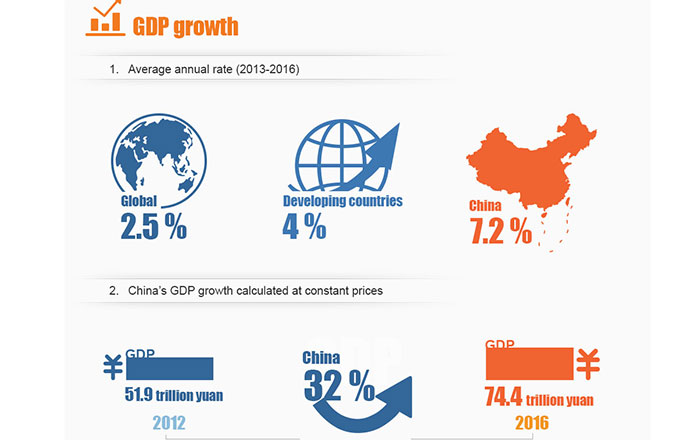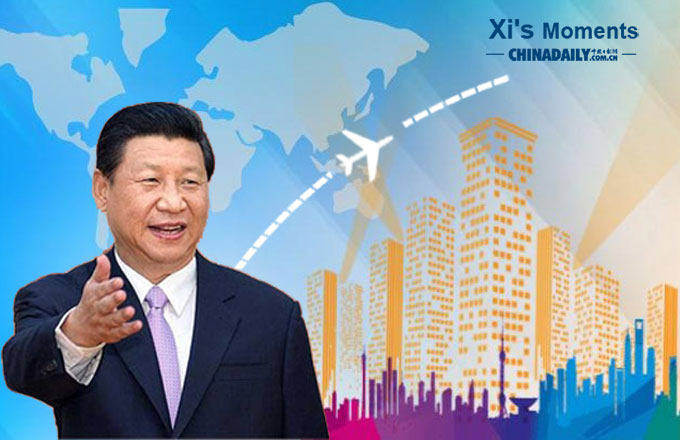Reshaping major-country diplomacy with Chinese characteristics
The concept of "major country" and "major country diplomacy" are not new, either in theory or practice. During the past five centuries, the world history has witnessed too many wars and interstate crises, especially when a newly emerged "rising power" was unhappy with the distribution of global power and the old power was casting a wary eye toward the new one. This situation is called 'Thucydides Trap', a popular concept in both China and US, where politicians and experts are worrying about the "upcoming war" between the so-called "indignant" rising giant and the intense hegemony.
However, the outdated European script was rewritten by modern Chinese wisdom. The concept of "new-type relationship between major countries" proposed by President Xi Jinping was globally welcomed as a "Chinese herb" curing the "chronic disease" of Western hegemonic war.
In this "new-type relationship", it is imperative to transcend the pattern of the traditional great power relationship and the Cold War mentality. As China said, both sides should overcome their ideological conflict and the difference in social system and respect the other side's political system, development path and socio-economic governance.
After years of "silent veto", US began to respond positively, when Rex Tillerson, the US secretary of state, visited China and confirmed the four key principles of the "new-type relationship": Non-conflict, non-confrontation, mutual respect, and win-win together.
After the successful China-US Mar-a-Lago Summit, the world may breathe a sigh of relief that both the two giants arenot preparing for war, but seeking common ground while reserving and acknowledging their differences.major country diplomacy with Chinese characteristics focuses on peaceful development and promotes a harmonious world instead of Chauvinism or "power politics" in the Western sense.
China made contributions to the theory and practice of "major country diplomacy", not only in the interactions among "major countries" such as China-US or China-Russia relations, but also in leading the harmonious examples of major country and secondary country relations.
Xi said during his visit to Fiji in 2014 that "China believes that all countries are equal members of the international community irrespective of their size, strength and wealth, and they should respect each other, treat each other on an equal footing and help each other with sincerity."
China practices what it preaches. During the past five years, China as a responsible major country, is playing an increasingly significant role in regional and global governance, in numerous fields such as political mutual trust building, economic cooperation, peacekeeping, providing public goods, and so forth.
China always stands ready to strengthen exchanges with other underdeveloped countries on governance experience and consolidate cooperation in economy,technology, new energy, infrastructure construction, environmental protection and boosting people-to-people and cultural exchanges. What should be noted is that all these ties are running without any subsidiary political conditions; this clearly differentiates China from its Western counterparts.
As Su Ge, dean of the China Institute of International Studies, said, four key words may describe the essential characteristics of China's major country diplomacy, peace, development, cooperation, and all-win together. Therefore, it is safe to say that in a world undergoing increasingly complicated and profound changes, it is now more than ever important to make an objective and comprehensive assessment of the international affairs, reform rather than overthrow the current world order with the wisdom that derives from both the ancient oriental philosophy and modern Chinese diplomatic innovation.
Wang Peng, research associate at the Charhar Institute and China Institute of Fudan University.
























